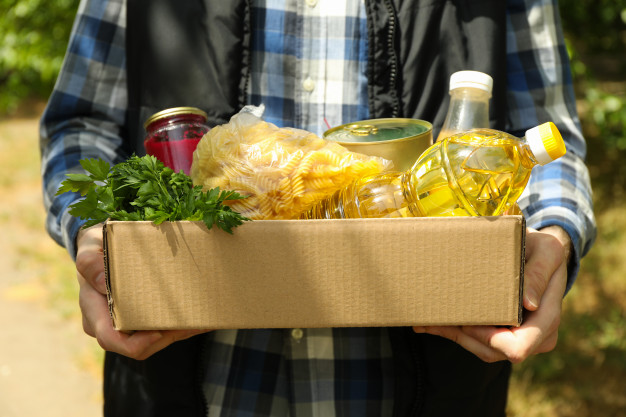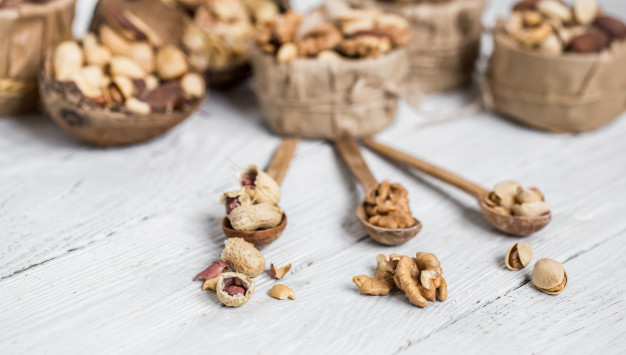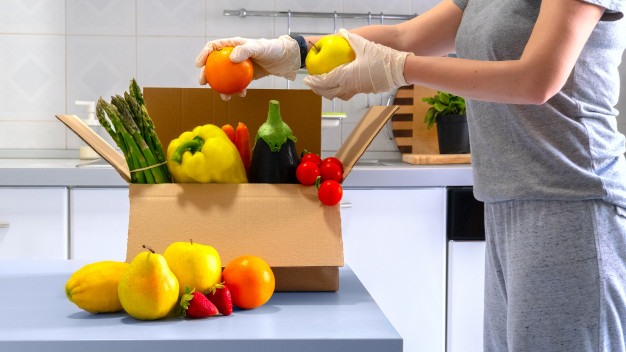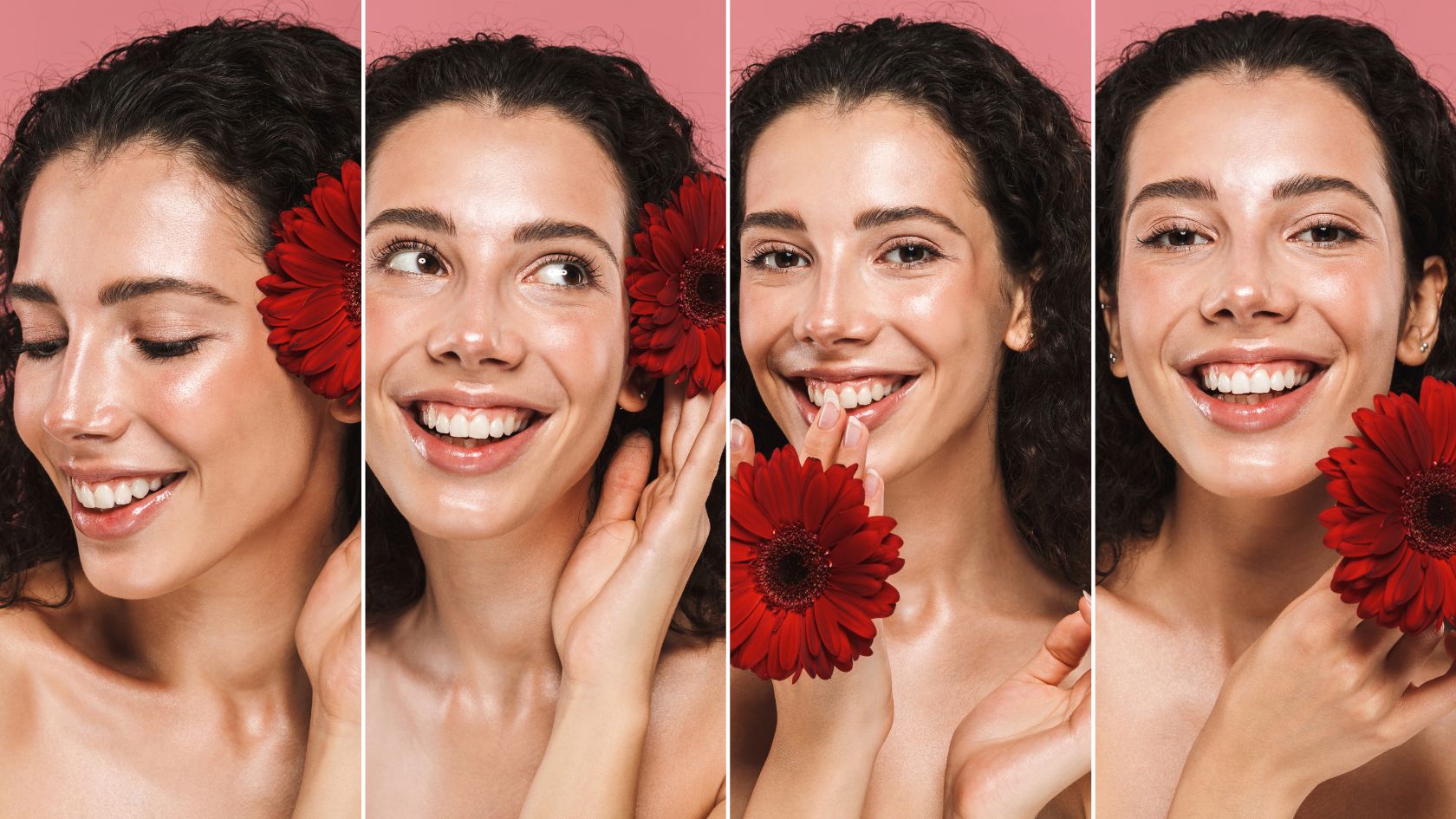Food is more significant than just what you put on your plate. It is invented by our cultures, our morals, our palate, and our situations. We should feel gratitude for our lives and thank the universe for giving us food every day, safe shelter, and not letting us sleep starving in this situation of the pandemic.
The food industry experts hope the future of healthy eating looks like the following.
- Food sharing
Maya Feller, MS, RD, a certified dietitian nutritionist, and nationally-recognized nutrition expert, promotes the habit of food sharing, supporting communities, and growing together.

Kindness is the new normal. Make it contagious. Share your food, share your culture, and spread positive energy. Giving to society and people around you will make you feel complete and good.
2. Putting more thought into who you support

Money is not everything, it has power, and you get to decide where your money goes. Camilla Marcus, an ace chef, founder of west~bourne, and co-founder of Relief Opportunities for All Restaurants (ROAR), shares that people continue to think about what they purchase from and who they’re supporting when it comes to their health, wellness and the food they consume. “Think about the supporting restaurants that speak to your values and identify with the owners and the environment,” she says.
3. Rethinking about healthy eating
Ebony Butler, Ph.D., a licensed psychologist, and a culinary and food relationship strategist, shares people continue to take a more microscopic look at how food and health have been taught to them.
“I’m hopeful that people will begin to remain curious going about , what I am being told? What does this mean?

Taking decision and ownership into defining health by terms that relate to them and their community, versus what the ancient diet culture is telling us,” she says. “Communities are questioning the people who are making laws about food. People are questioning people’s intentions and becoming more vocal about the things that are happening in their communities around food.”
4. Sticking to your culture and traditions
The food system tends to forget about our comfort food and culture both, and Navina Khanna, director of HEAL Food Alliance, shares she hopes that’s something good is going to happen, which changes the future.
Food is our most intimate connection to our health, body, and to our cultures, we separate from that culture and our traditional foodways. Those aren’t considered healthy ways by leaving our cultural habits, even though those have been nourishing for us for generations,” “There are few BIPOC producers and communities that are growing incredible food in really healthy ways and environment ways, and are poised to feed communities, but have never had the investment in them to do that. Lacking the access to the policies and structural support and technical assistance which would make it possible to get the collard greens, for example, to a school where kids could eat that instead.”















